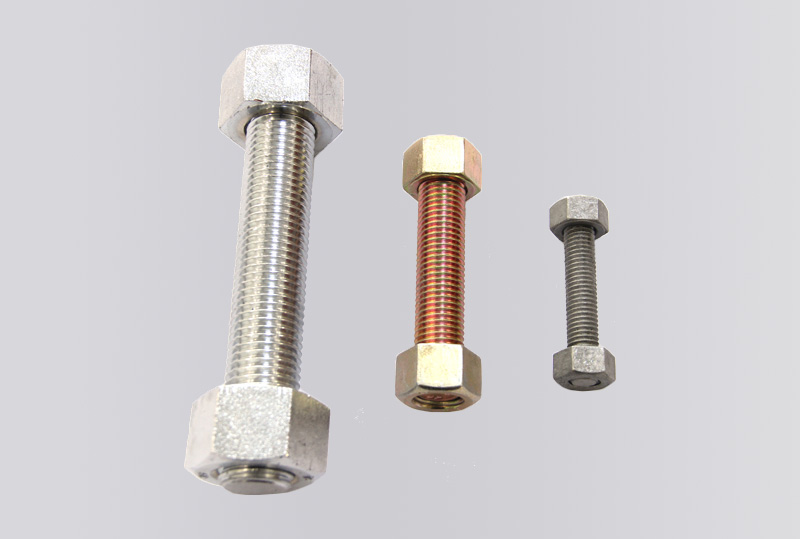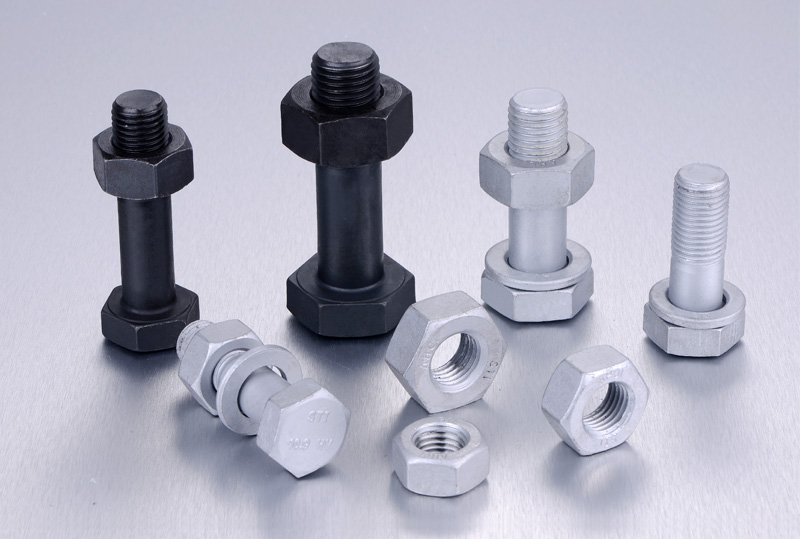2H Heavy Hex Nuts Supplier introduces a common sense of screw application:
1. First, remove the sludge on the surface of the broken screw and use the center blaster to kill the center of the section. Then use an electric drill to install a 6-8 mm diameter drill to drill the hole at the center of the section. Note that the hole must be drilled through. After the hole is drilled, remove the small drill bit and replace it with a drill bit with a diameter of 16 mm, and continue to expand the hole of the broken bolt and drill it through.
2. Take a welding rod with a diameter of less than 3.2 mm and use a small and medium current to carry out surfacing from the inside to the outside of the hole of the broken bolt. Take half of the entire length of the bolt at the beginning of the surfacing. When starting the surfacing, do not start the arc too long So as not to burn through the outer wall of the broken bolt. After surfacing welding to the upper-end surface of the broken bolt, continue to surfacing a cylinder with a diameter of 14-16 mm and a height of 8-10 mm.
3. After the surfacing is completed, hammer the end face with a hand hammer to cause the broken bolt to vibrate along its axial direction. Due to the heat generated by the arc before and the subsequent cooling plus the vibration at this time, the bolt and the thread of the body will be broken There is looseness between.
4. Observe carefully. When it is found that there is a trace of rust leaking from the fracture after knocking, you can take the M18 nut and put it on the surfacing stigma, and weld the two together.
5. After welding, use a Torx wrench to set the nut on the nut while it is still cool and twist it left and right. You can also twist it back and forth while tapping the end face of the nut with a small hand hammer so that the broken bolt can be taken out.
6. After taking out the broken bolts, process the threads in the frame with a suitable tap to remove the rust and other debris in the holes.










